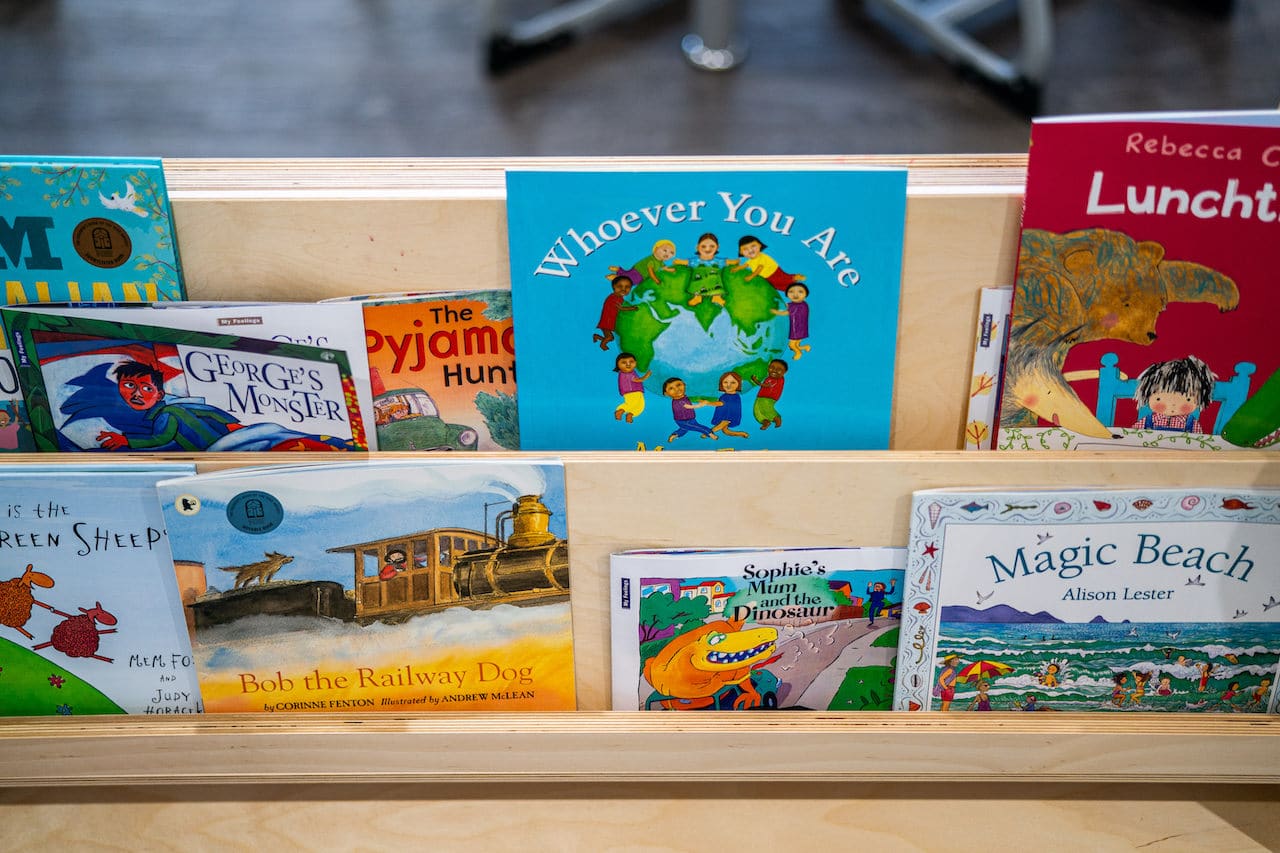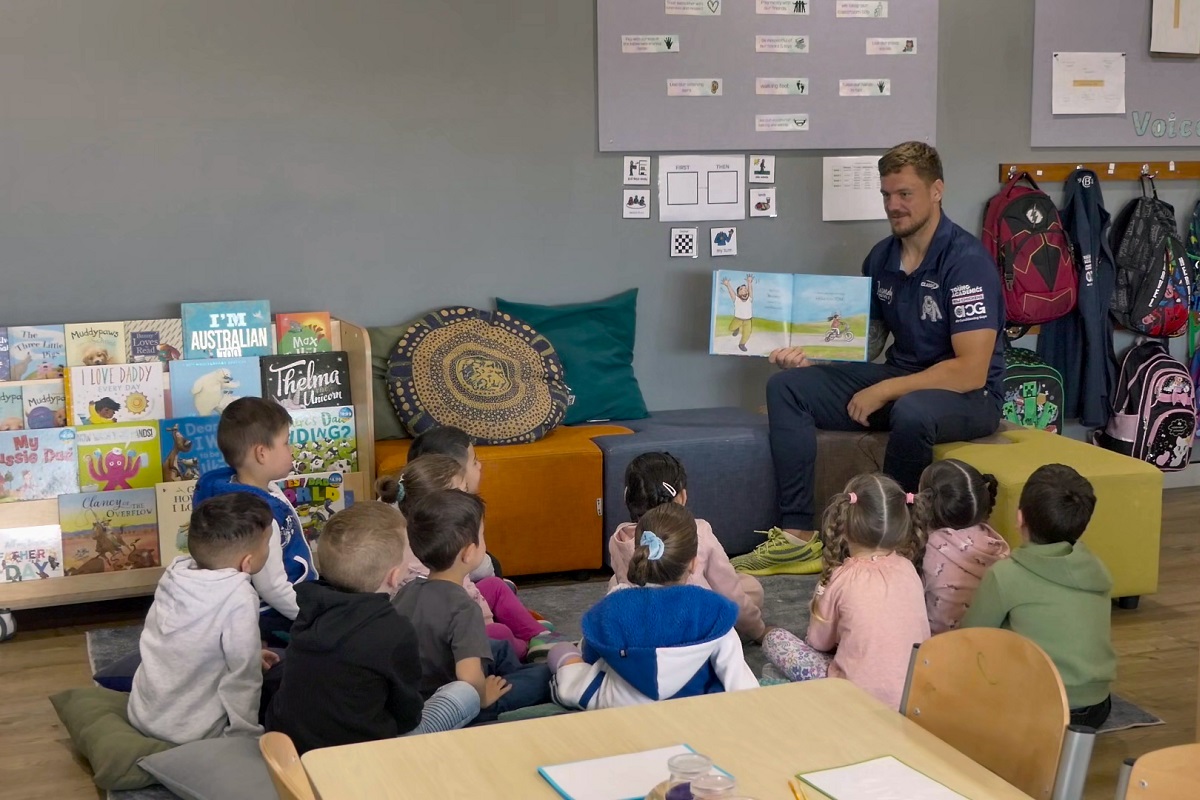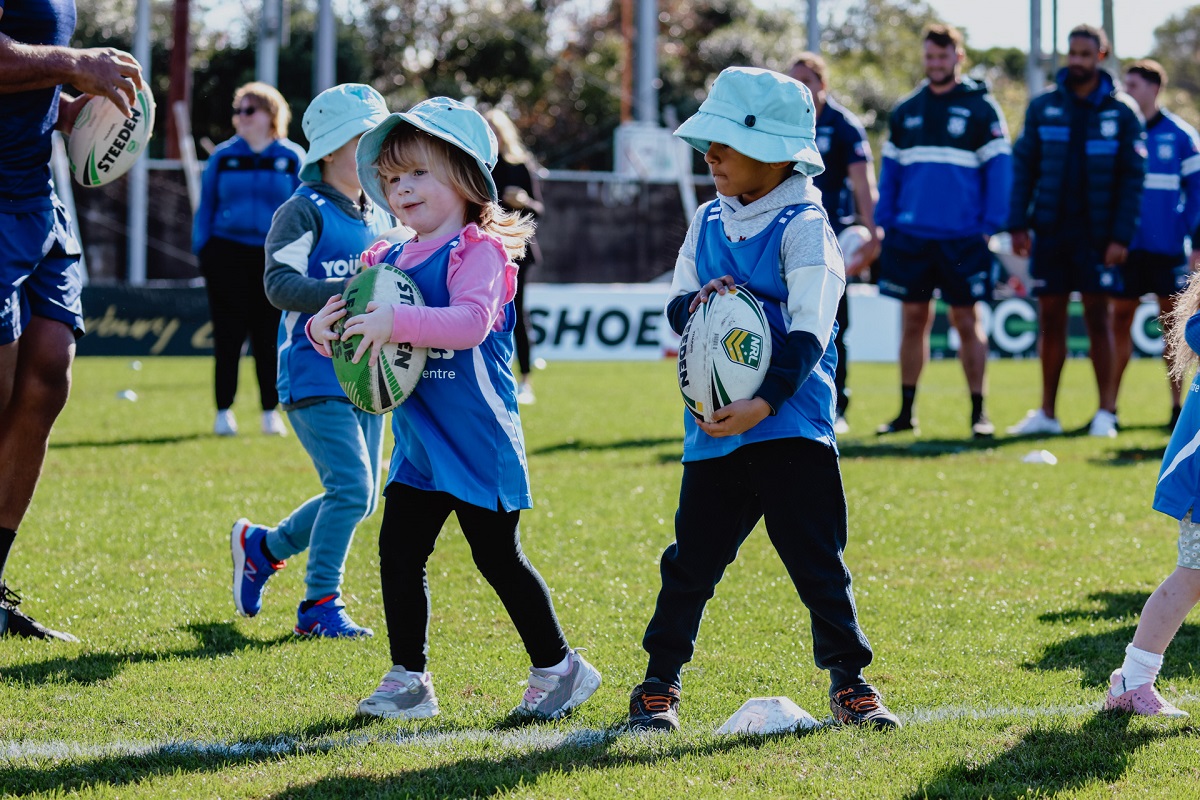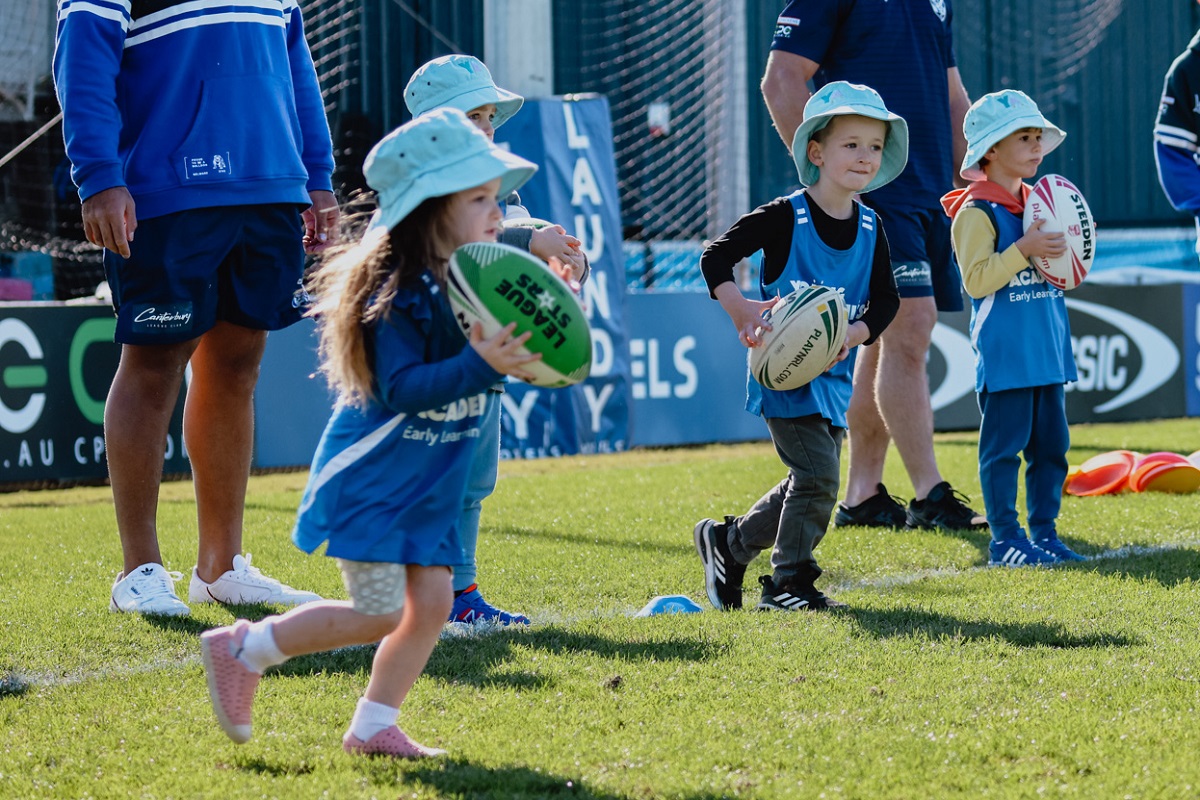Understanding if your child is ready to attend school is a complex and difficult decision to make. A child’s age is not the sole determinant. You have to account for many factors, including but not limited to their emotional, social and physical development. Many parents resort to a school readiness assessment to help them overcome these challenges. However, it’s not always an easy decision to put your child through a school readiness assessment.
After a school readiness assessment, your child will either be classified as needing delayed entry into kindergarten or early entry into schooling. Don’t take either as a negative outcome as it will help your child to have a more positive experience at school, both academically and socially.
What does a school readiness assessment entail?
Though school readiness assessments may differ according to the provider, here is a general idea of what it will look like.
-
Parent interview – parents will attend an interview to review their child’s educational and developmental history.
- There will be an administration of a standardised WPPSI IV Cognitive Assessment (or Bracken School Readiness Assessment).
- Your child will undergo a play-based session with a psychologist. This may also include kindergarten observation.
- You will be provided with a detailed report of recommendations for your child.
- Parents will attend a feedback session.
Is the school readiness assessment worth it?
Yes! We fully believe that the school readiness assessment is worth it because it takes into consideration the maturity of your child across several different factors. These factors are important for their comfort and performance at school and are strong indicators of the kind of experience they will have.
Find out if your child is physically ready for school
A full day of school is completely different from a full day of daycare. It can be physically taxing for a child and thus, it is extremely important for the assessment as it will determine whether your child is physically ready for the demands of school. Additionally, the assessor will be able to determine if your child is physically independent and able to perform simple tasks such as putting on his/her jacket or feeding himself or herself without help.
Understand if your child can emotionally cope
At school, your child will experience long-term separation from you. With this, comes anxiety, which is completely natural however, some children handle it better than others. Children will need to overcome this, relate with other children and independently handle emotions of jealous and anger constructively.
Learn whether your child can healthily interact with other children
Like daycare, school is full of social interaction, except on a much larger scale. Your child will have to learn how to compromise, share and work together in groups with other children all while building a relationship. Without these skills, they can experience a rough school journey and unfortunately, have a difficult time making friends.
Academic readiness
This is one of the most obvious reasons as to why a school readiness assessment would be worth it. It’s no surprise that at school, there is a higher level of learning and more difficult academic work. While your child does not have to be extremely academically advanced nor do they have to know how to read and write, simple things such as holding a pencil are important for propelling their academic performance in school.
Concentration
At school, there will be longer periods of concentration for children. Whether it be during classroom activities, lessons or playing games in a group, your child will have to be practised in concentrating otherwise, he or she may disrupt their entire class.
Language skills
As part of interacting in the classroom, children will have to understand how to communicate with other children as well as their teachers. Simple requests such as asking to go to the bathroom or understanding and answering questions posed in class need to be done without the help of a carer or teacher. Remember, at school, there may be children who are more advanced with their language. Your child must be able to communicate these key elements in the classroom in order to play an active role.
Regardless of the outcome of your child’s school readiness assessment, rest assured that you have done the right thing. By undergoing this assessment your child will be on the road to a positive and healthy journey at school. We hope that this article has quelled some of your concerns and helped you understand more about what the assessment contains. We understand that this is a difficult decision to make.
At Young Academics, we fully believe that a school readiness assessment will help your child. Our licensed and professional staff are always willing to answer any of your questions, so feel free to give us a call.
For more information about our centre, contact us today on 1300 668 993.



 BACK
BACK



